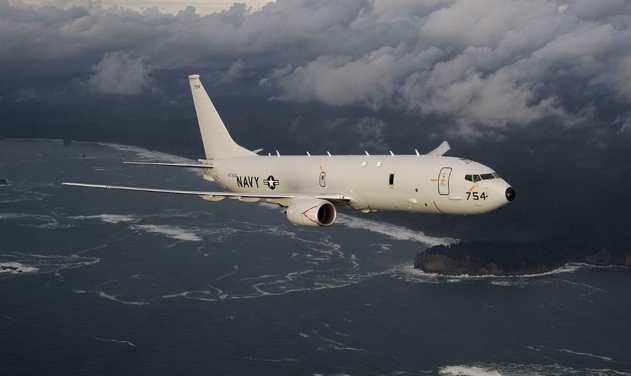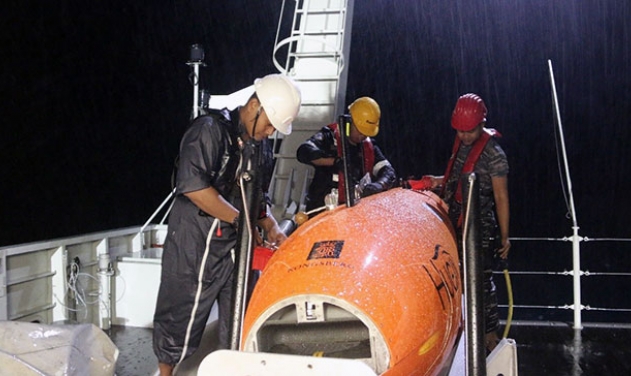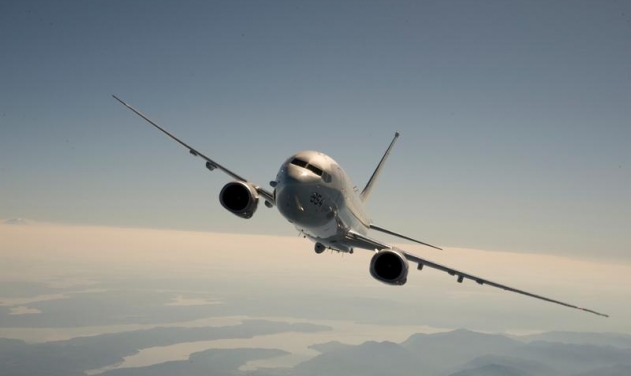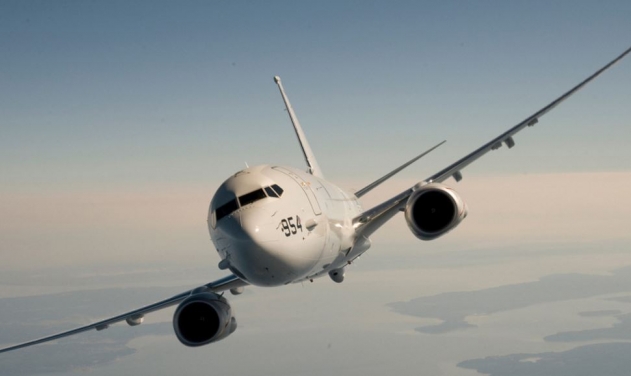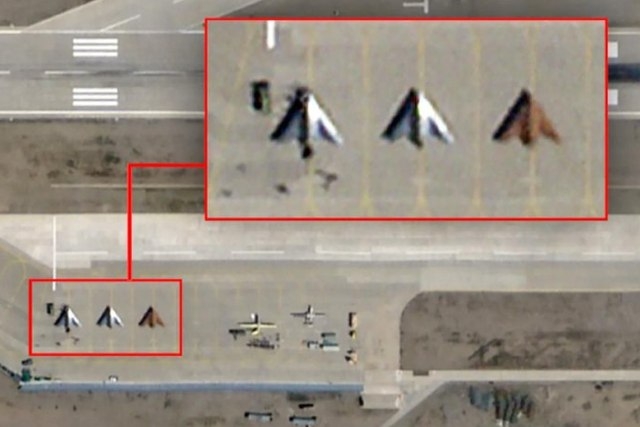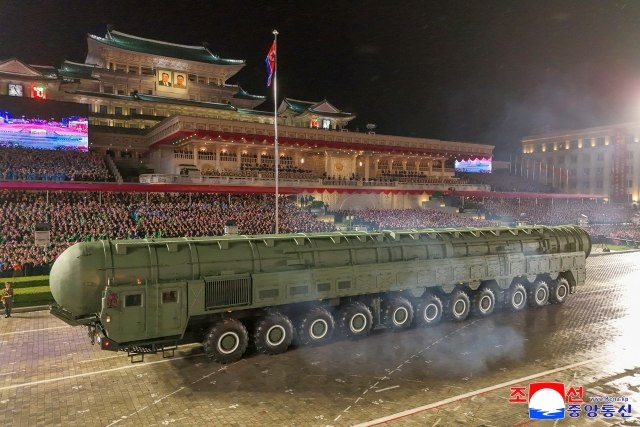New Supercavitating Bullets Can Hit Underwater Target With Super Speed
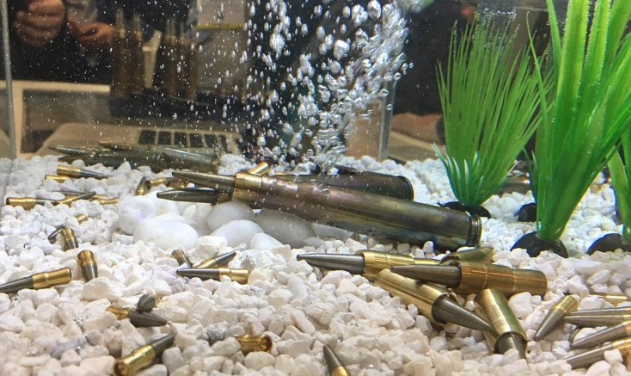
A Norwegian firm DDG has developed new bullets with shapes designed to create an air bubble (supercavitating) around it and carry it much further underwater.
The DGG supercavitating bullets can travel a lot farther in the water, Strategy Page reported Wednesday.
The DDG bullets are also balanced to enhance the supercavitating duration. Thus a 5.56mm rifle bullet is effective at up to 14 meters while larger bullets like the 7.62mm are good to 22 meters and the 12.7mm (.50 caliber) is good out to 60 meters once entering the water.
There is a market for these bullets because of concern about terrorists using underwater swimmers to plant bombs or simply to reach a heavily guarded area. Thus ships that have 12.7mm machine-guns for defense against small boats can use these weapons (normally effective out to 2,000 meters in the air) to hit underwater swimmers that are close enough to the surface.
The disadvantage of conventional bullet designs is that they do not move far in water. Further most of them turn harmless to people after reaching through about 600 mm (two feet) of water and were loosing all momentum after going about five meters (15 feet) if fired underwater. When fired from close to the surface for instance from from a dock or ship, bullets pick up a lot of speed before hitting the water and will hurt someone up to about three meters (10 feet) underwater for a rifle and half that for most pistols.
